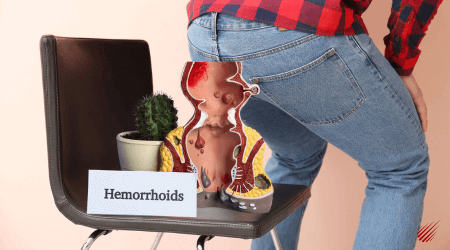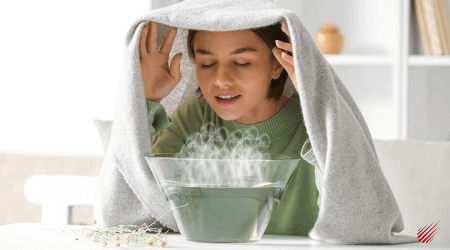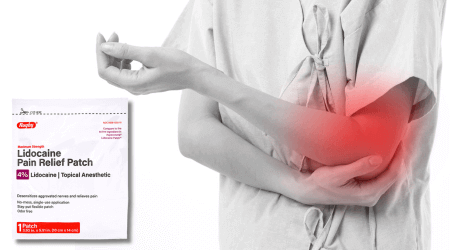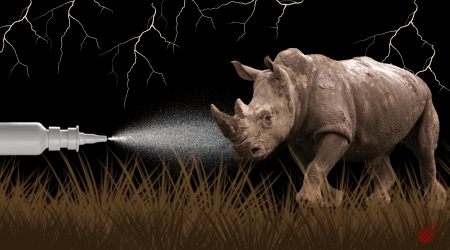
Internal Hemorrhoid Swelling After Bowel Movement: Causes and Remedies
If you are experiencing internal hemorrhoid swelling after a bowel movement, it's essential to consult with a healthcare professional for a proper evaluation and personalized advice. Internal hemorrhoids are veins located inside the rectum that can become swollen and inflamed, leading to discomfort and sometimes bleeding.
Several factors may contribute to the swelling of internal hemorrhoids after a bowel movement, including:
- Straining during Bowel Movements: Exerting excessive pressure while passing stools can strain the blood vessels in the rectum, leading to irritation and swelling of internal hemorrhoids.
- Constipation: Hard stools and infrequent bowel movements can aggravate hemorrhoids, leading to increased swelling and discomfort.
- Prolonged Sitting: Sitting on the toilet for an extended period can put pressure on the rectal area and worsen internal hemorrhoid symptoms.
- Lack of Fiber in the Diet: A low-fiber diet can lead to constipation, making it more challenging to pass stools and potentially exacerbating hemorrhoid swelling.
- Dehydration: Inadequate fluid intake can contribute to constipation, which, in turn, may worsen hemorrhoid symptoms.
To alleviate symptoms and promote healing, consider the following self-care measures:
- Increase Fiber Intake: Consume more fiber-rich foods like fruits, vegetables, whole grains, and legumes to promote softer stools and regular bowel movements.
- Stay Hydrated: Drink plenty of water throughout the day to prevent dehydration and aid in maintaining soft stools.
- Avoid Straining: Avoid straining during bowel movements. If necessary, try using a stool softener or a gentle laxative under medical supervision.
- Practice Good Bathroom Habits: Avoid prolonged sitting on the toilet and maintain a regular bathroom schedule.
- Apply Warm Compresses: Soothe the area by applying a warm, damp cloth to the affected area for a few minutes several times a day.
- Over-the-Counter Products: Consider using over-the-counter creams or ointments specifically designed for hemorrhoid relief.
Remember, these measures are general suggestions and might not be suitable for everyone. It's crucial to seek guidance from a healthcare professional to ensure an accurate diagnosis and appropriate treatment plan for your specific condition. They can provide personalized advice, recommend specific treatments, and rule out any other underlying medical issues.


